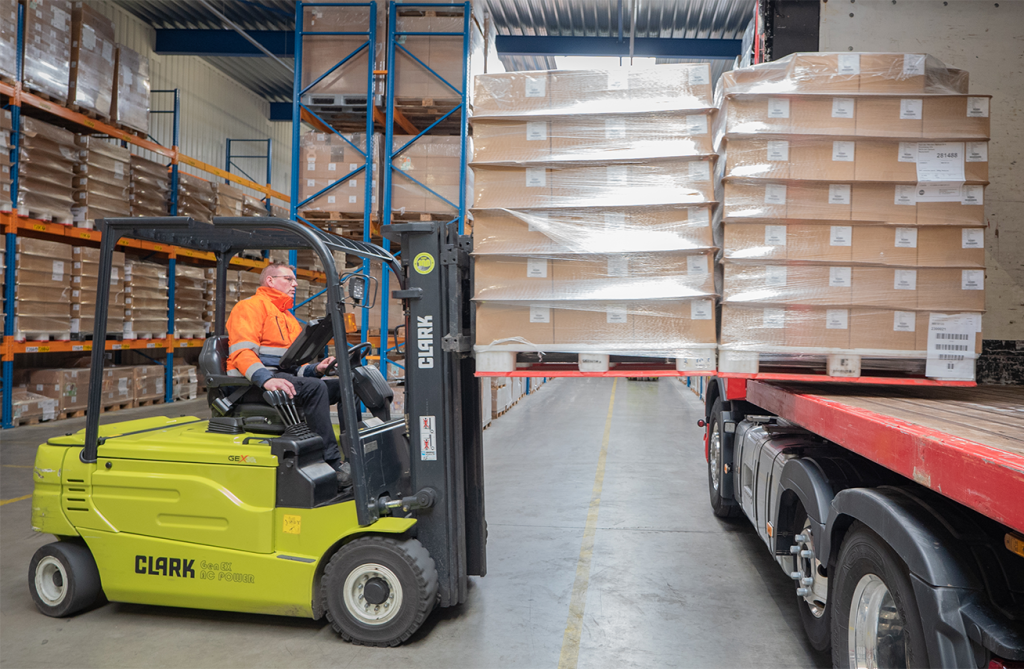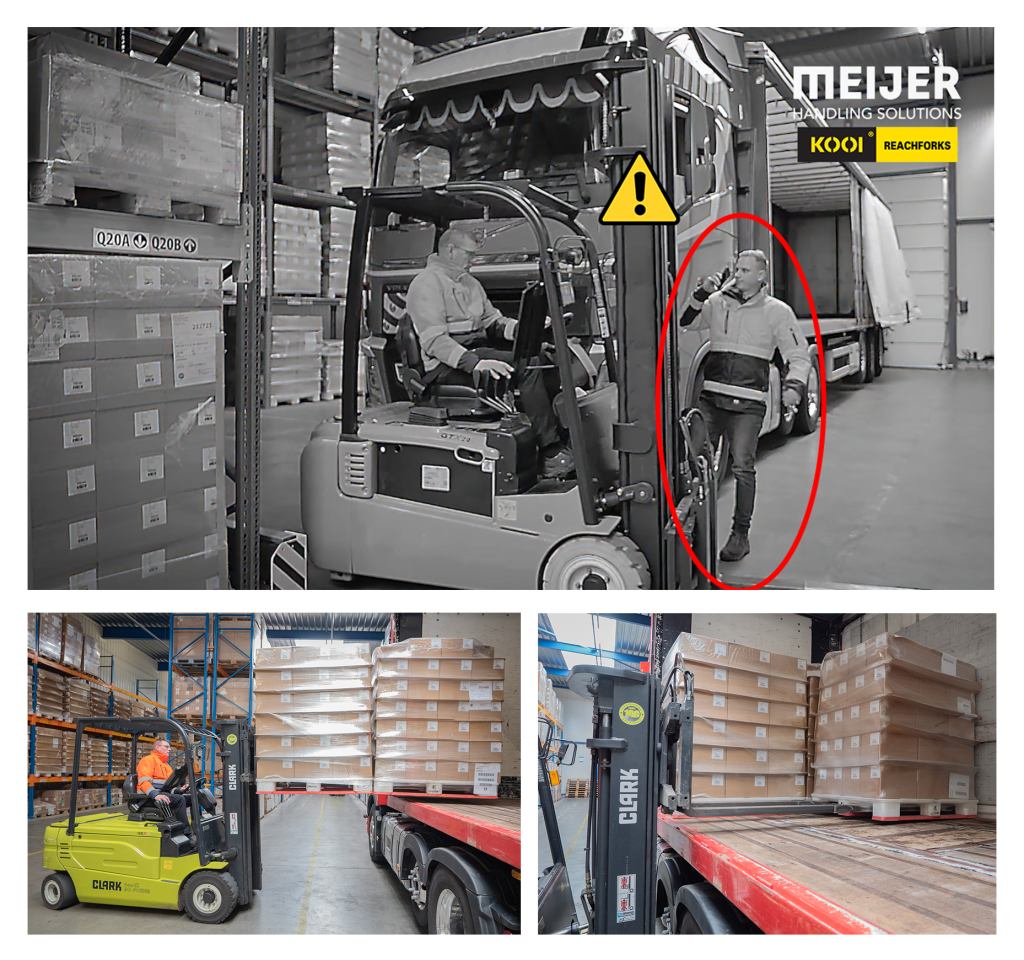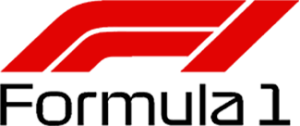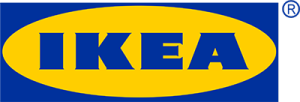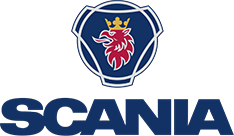Side Loading: How to do it more efficiently and safely
KOOI® ReachForks, often known as telescopic forks, are a proprietary brand developed by Meijer Handling Solutions. These hydraulic forks are designed to extend and retract, allowing for more versatile operations, especially when dealing with the intricacies of truck loading and unloading.
The Traditional Method of Side Loading in Logistics
- Side loading, i.e. loading or unloading goods from the side of a truck, is common method in the logistics industry. Why do many companies choose this method though, and what are the concerns when loading and unloading from the side? In this article, we delve deeper into the world of side loading.
- The ease and flexibility of side loading: The main advantage of side unloading is that it allows direct access to the whole length of the cargo compartment, which means goods can be loaded and unloaded quickly in the most convenient order. This is particularly valuable when goods need to be delivered in a specific order or when handling products of varying shapes and sizes, which may not easily be loaded through the rear of the vehicle.
- Considerations for side loading: There are some crucial considerations when loading and unloading trucks through the side:
- Accessibility from both sides: In most cases, for the loading process to run efficiently, the forklift needs to be able to access the cargo compartment from both sides; otherwise, once one side has been loaded or unloaded, the truck has to be turned around completely to give the forklift access to the opposite side.
- Safety measures: When loading or unloading a truck from both sides, the operating area around the truck must be cordoned off to prevent accidents and potential injury to pedestrians. After all, a forklift can suddenly emerge unexpectedly from behind the truck, posing a danger to anyone who may be in the vicinity.
In summary, side loading offers significant advantages in terms of convenience and flexibility when handling goods. Nevertheless, as with any method, it is essential to evaluate the associated risks and implement appropriate safety measures.
Hydraulic Forks: The Future of Efficient and Safe Loading and Unloading
In the dynamic world of transport and logistics, efficiency and safety play a crucial role. Since Meijer Handling Solutions introduced hydraulic forks in 1980, significant progress has been made in the process of loading and unloading. With over 100,000 sets of ReachForks already in use, it is safe to say that telescopic forks have found their place in the logistics industry. It is therefore surprising that there are still companies that have still not fully embraced the benefits of this way of loading and unloading.
Features and benefits of hydraulic telescopic forks
- Functionality: Telescopic forks can be extended and retracted hydraulically from the operator’s seat. This eliminates the need for the forklift driver exit the cabin to fit or remove fork sleeves by hand.
- Space Optimization: The outer sleeves of these ReachForks can extend across the full width of the cargo compartment, eliminating the need for the forklift to load or unload the trailer from both sides.
- Safety Benefits: This functionality means you only have to open the curtain on one side of the truck. This increases safety because the forklift remains in constant view, thus reducing the potential for accidents.
- Space savings: Trucks can now be parked closer to walls, so the space previously reserved for forklift manoeuvers can now be used for additional storage.
- Significant time savings: Using KOOI® ReachForks means reduction in loading and unloading times of about 30% can be achieved. Assuming an average loading time of 20 minutes, companies can now handle up to one additional truck per hour. When handling two pallets simultaneously, the boost to the efficiency can be as much as 65% compared to the time needed to move one pallet while having to circle the truck. This means over eight trucks an hour can be loaded or unloaded. Therefore, by handling two pallets at a time, it is theoretically possible to load or unload up to five additional trucks per hour.
Selecting the appropriate combination of forklift and reach forks is of paramount importance in terms of both maximum efficiency and safety. As the forks extend and the load moves away from the forklift, it is crucial that the forklift does not overbalance and tip forward. Fortunately, KOOI®ReachForks can be supplied directly to forklift manufacturers or authorized forklift dealers. These professionals will advise you on the optimum combination, considering factors such as pallet weight. For example, while a 3000 kg forklift may be perfect for handling a 1000 kg pallet, handling two such pallets simultaneously requires a 4000 kg forklift.
www.meijer-handling-solutions.com
